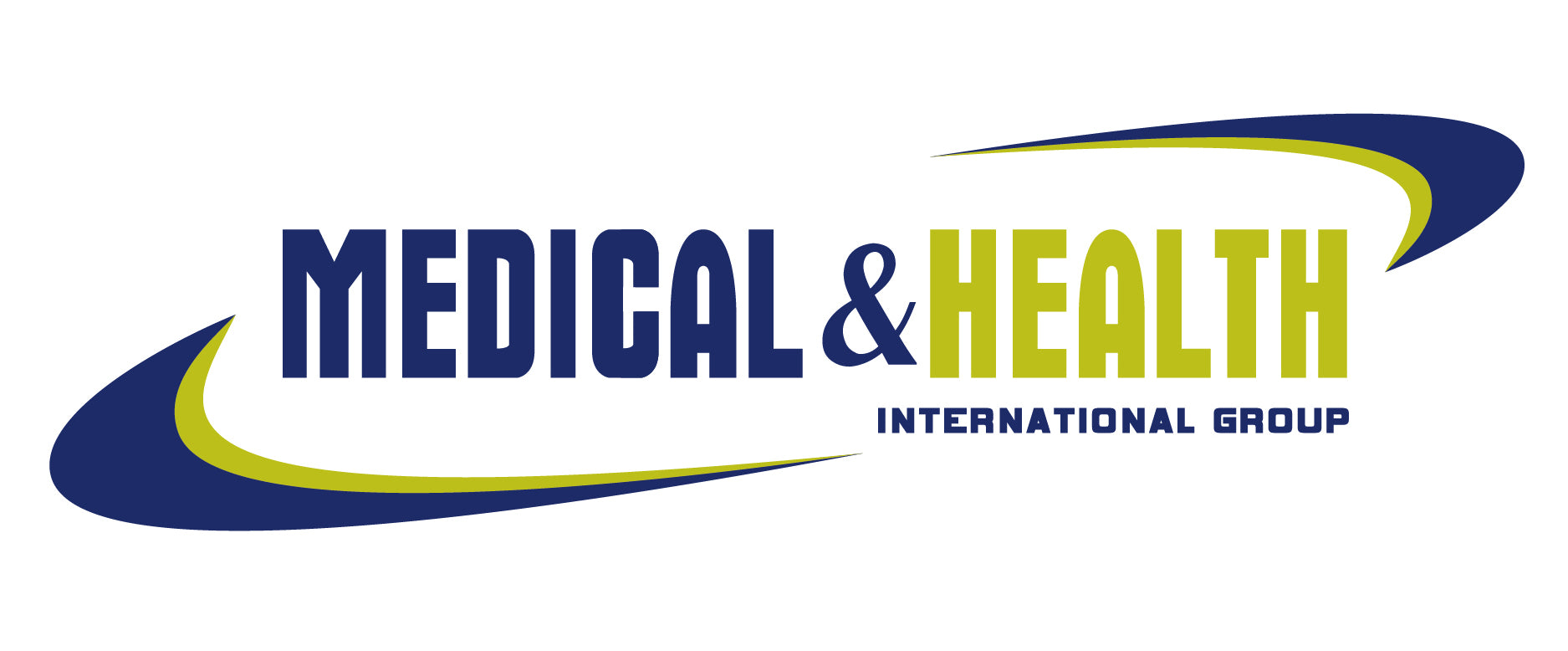
Resveratrol, a naturally occurring polyphenol, has gained significant attention in recent years for its potential health benefits. Found in various plant sources, including grapes, berries, and peanuts, resveratrol has been the subject of numerous scientific studies and research. In this essay, we will delve into the properties, sources, and potential health benefits of resveratrol.
Resveratrol is a phytoalexin, a compound produced by plants as a defense mechanism against stress, injury, and infections. It is particularly abundant in the skin of grapes and berries. The compound is known for its antioxidant properties, meaning it helps protect cells from damage caused by harmful free radicals. Additionally, resveratrol has been found to possess anti-inflammatory, anti-aging, and cardioprotective effects.
One of the most well-known sources of resveratrol is red wine, especially those made from grapes such as Pinot Noir and Cabernet Sauvignon. The presence of resveratrol in red wine has sparked interest in the "French Paradox," which refers to the observation that despite consuming a diet rich in saturated fats, the French population experiences a lower rate of cardiovascular diseases compared to other countries. Some attribute this phenomenon to the regular consumption of red wine, which contains resveratrol.
The potential health benefits associated with resveratrol are diverse and intriguing. One area of interest is its cardiovascular benefits. Resveratrol has been found to have positive effects on blood vessels, reducing inflammation, improving endothelial function, and preventing the formation of blood clots. These effects contribute to a reduced risk of cardiovascular diseases, including heart attacks and strokes.
Another area of research focuses on the anti-aging properties of resveratrol. It has been found to activate sirtuins, a group of proteins associated with longevity and cellular health. By activating these proteins, resveratrol may help delay the aging process and protect against age-related diseases.
Resveratrol has also been studied for its potential role in cancer prevention. Laboratory studies have shown that resveratrol can inhibit the growth of cancer cells and induce apoptosis, programmed cell death. However, it is important to note that the studies conducted so far have mostly been in cell cultures or animal models, and more research is needed to fully understand the effects of resveratrol on cancer prevention in humans.
Furthermore, resveratrol has shown promise in the management of certain chronic diseases such as diabetes and neurodegenerative disorders. It may help improve insulin sensitivity, regulate blood sugar levels, and protect against nerve damage. However, clinical studies in humans are still ongoing to establish the efficacy and safety of resveratrol in these conditions.
While resveratrol holds immense potential, it is crucial to approach its benefits with caution. Most studies have used high concentrations of resveratrol, which may not be achievable through dietary sources alone. Moreover, resveratrol's bioavailability is limited, meaning that the body may not absorb and utilize it efficiently. Therefore, supplementation or specific extraction methods may be necessary to obtain therapeutic levels of resveratrol.
In conclusion, resveratrol is a fascinating natural compound with promising health benefits. Its antioxidant, anti-inflammatory, and cardioprotective properties make it a subject of extensive research. While resveratrol-rich foods like grapes and red wine are part of a healthy diet, further studies are needed to determine the optimal dosage and long-term effects of resveratrol supplementation. Nonetheless, resveratrol continues to captivate scientists and health enthusiasts alike, offering a glimpse into the potential of natural compounds for promoting well-being and longevity.
